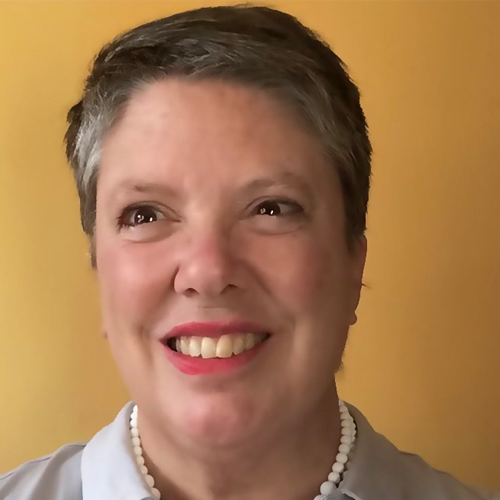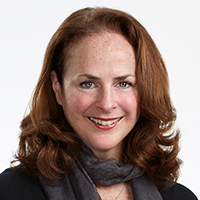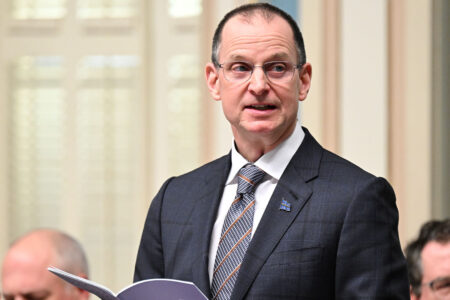
Canada’s economy is doing well, our unemployment rate is at its lowest level in decades, and the average net worth of Canadians is increasing.
If we look more closely at the financial health of Canadian households, though, the numbers tell a contrasting story. Technological change, globalization and automation have transformed Canada’s labour market, and rising rates of precarious work are causing income volatility and making it harder for households to manage.
A 2017 Ipsos Reid survey commissioned by TD Bank showed that 37 percent of working-age Canadians are experiencing month-to-month income volatility, with 3.3 million experiencing income swings of 25 percent or more. The same TD Bank survey showed that 23 percent of Canadian adults have delayed buying food because they could not afford it.
With stretched finances, Canadians are not able to save for short-term emergencies, let alone their retirement. Canadian Payroll Association research indicates that 44 percent of Canadians are living from paycheque to paycheque. An estimated 24 percent of Canadian adults do not save, and 50 percent of households lack savings to live for three months above the poverty threshold. Meanwhile, 62 percent of workers are not covered by a registered pension plan, and the median retirement savings of Canadians aged 55 to 64 without workplace pensions is only $3,000.
This level of household financial insecurity increases pressure on Canada’s social safety net and our health care system. Financial woes also compound social and economic exclusion and may be contributing to rising rates of social unrest worldwide.
Policy-makers cannot assume Canada is immune to these ills. They need to provide practical solutions to help Canadians buffer financial risks and build a secure financial foundation for today and the future. This means modernizing and filling gaps in our existing social architecture. To this end, we are proposing three evidence-driven, policy-ready ideas for governments to consider.
1. Establish sustainable community financial help services for vulnerable Canadians
When financial problems hit, there are few places low- and modest-income Canadians can turn for relevant, expert financial help. Mainstream financial service providers tailor their products, services and advice for middle- and higher-income Canadians, while nonprofit and government service providers are not mandated, trained or funded to provide the financial help needed.
International evidence shows that community financial help services can effectively fill this gap, however, and large-scale pilots are already operating across Canada. With federal and Ontario government funding, Prosper Canada has been working with nonprofit Financial Empowerment Champion (FEC) partners in 14 communities to provide financial help services to vulnerable Canadians. According to unpublished monitoring data from three Prosper Canada pilot projects still under way, in three years, these services have helped over 251,000 individuals to improve their financial capability and health; 100,000 people to access $292 million in new income through tax filing and benefits assistance; 89,000 to participate in financial education; and 33,000 to access one-on-one financial help. Renewing and expanding this successful model will enable more Canadians to build their financial health.
Governments can also leverage this local capacity to build financial help into large-scale public services that vulnerable people use. Cities across the United States are integrating local financial empowerment centre services into other city programs with the help of the Cities for Financial Empowerment (CFE) Fund. In Canada, demand is growing for similar assistance. Toronto and Edmonton municipal governments are working with Prosper Canada to develop their own projects, and nine more cities are interested. Investments in technical assistance to municipal governments can accelerate this process.
To effectively combat financial instability, though, we need to know more about its causes. We can learn from the Aspen Institute’s EPIC Program in the United States, which works with partners from all sectors to explore barriers to financial security for low- and modest-income households and to develop solutions. Public investment in a comparable Canadian Financial Solutions Lab would provide a hub for all sectors to work collaboratively on these issues, generating shared knowledge and accelerating consensus on evidence-driven solutions adapted to Canada’s needs.
2. Introduce a Canada Saver’s Credit to boost savings of lower- and modest-income Canadians
The savings incentives in Canada’s tax system are upside down. Most of the $45 billion we spend on tax incentives to encourage saving in Registered Retirement Savings Plans (RRSPs) and pension plans benefits middle- and upper-income Canadians. Meanwhile, lower-income Canadians saving in RRSPs receive little reward for their contributions and risk a punitive Guaranteed Income Supplement clawback of 50 percent or more when they use these savings for retirement income.
We can redress this imbalance by introducing a refundable Canada Saver’s Credit (CSC) that would match lower- and modest-income Canadians’ deposits into Tax Free Savings Accounts (TFSAs) dollar-for-dollar up to $1,000 per year.
The CSC is not an entirely new idea. The United States introduced a similar Saver’s Credit in 2001, and John Stapleton and Richard Shillington first proposed it in Canada in 2008. The CSC, however, offers a simpler, more flexible approach than the US design. Targeted to the roughly 10 million families eligible for the GST/HST credit, it would start phasing out at household incomes of about $36,000. The program would encourage continued saving by depositing the credit directly into savers’ TFSA accounts and would be designed to limit clawback of other benefits.
Initial estimates put the CSC’s cost at $275 to $550 million — a mere 1 percent of the $45 billion in current RRSP and pension plan tax expenditures.
3. Provide nonprofit sector workers with a quality retirement savings plan
Outside the public sector, the past several decades have seen a decline in the number of Canadians covered by workplace retirement plans. In Canada’s nonprofit sector, almost 50 percent of workers — 850,000 people — do not have a workplace retirement plan. To address this gap, a coalition of nonprofit sector leaders and retirement security experts are working together to create Common Good: a national, portable, collective retirement plan for workers in the nonprofit sector.
Common Good’s design combines the principles of the world’s best pension plans with a flexible design to meet the needs of today’s workforce. Structured as a nonprofit with a fiduciary duty to members, it will deliver lower fees than most individual or small group retirement plans, be accessible to everyone working in the nonprofit sector (including freelancers and part-time workers), be portable between jobs and offer flexible contribution rates and optional employer contributions.
To date, nearly 70 employers from 12 provinces and territories have committed to offering Common Good if it is made available. Five foundations, Vancity Credit Union and an 18-member Champions Council are also supporting the effort. While Common Good was designed to help the Canadians who care for us and for our communities every day, this model can be adapted for other groups with similar needs.
With an adequate start-up investment, Common Good could be available by the end of 2019.
Canadians need help to build their financial security, and all sectors have a role to play in developing effective solutions. These evidence-based, policy-ready ideas can make a real difference by supporting Canadians with lower and modest incomes to achieve financial stability in the short term and build their financial security for the future.
Photo: Shutterstock by Stefan Malloch
Do you have something to say about the article you just read? Be part of the Policy Options discussion, and send in your own submission. Here is a link on how to do it. | Souhaitez-vous réagir à cet article ? Joignez-vous aux débats d’Options politiques et soumettez-nous votre texte en suivant ces directives.













